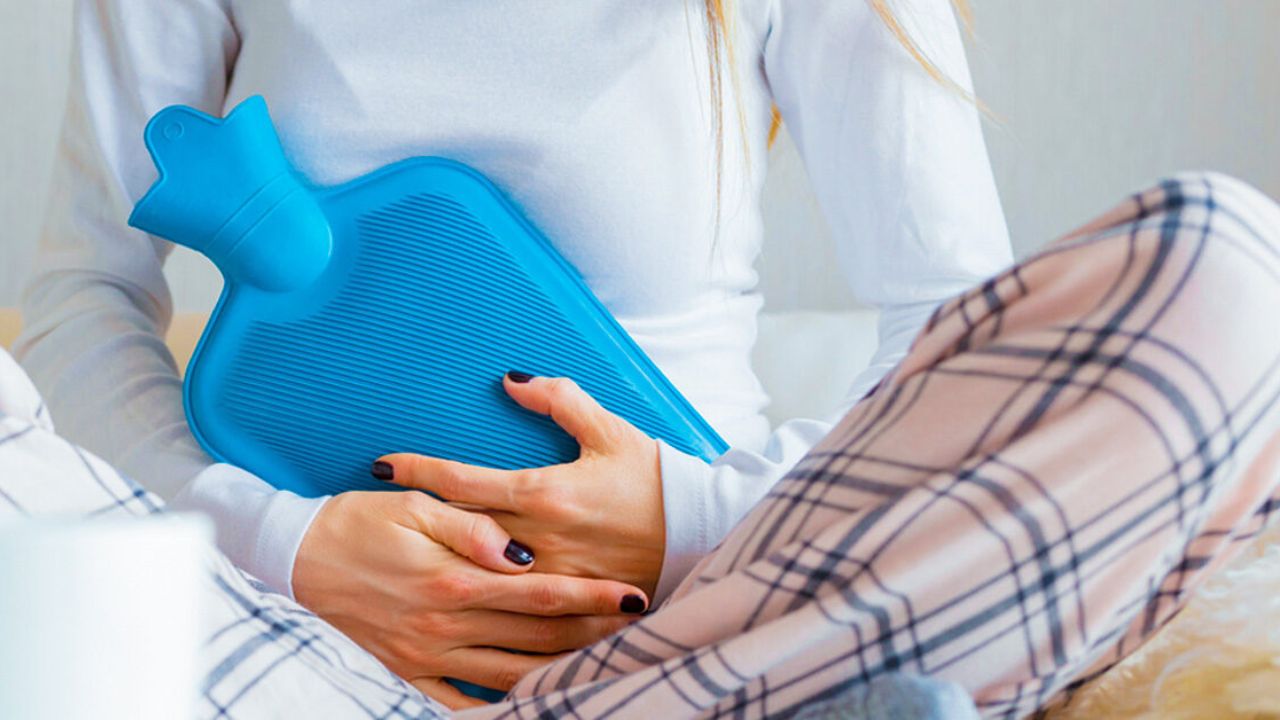Women get menstrual clots frequently throughout their lifetimes. Most women get blood clots during their periods, which is a regular occurrence and not a cause for concern. The uterus releases gel-like lumps of coagulated blood, tissue, and blood during menstruation. Certain medical conditions, which frequently also result in excessive menstrual bleeding or painful periods, might lead to large blood clots. Although menstrual blood clots are not dangerous, if you experience severe bleeding that lasts more than seven days, you should seek medical attention immediately once. Based on their appearance, blood clots are typically classified as pathological or normal.
There are natural home methods for removing menstrual blood clots.
1. Red raspberry leaf tea
1 tsp of red raspberry tea, 1 cup of water, and 1 tbsp of honey are required. You’ll need to brew a cup of water with a teaspoon of red raspberry tea. In a pot, bring it to a boil and let it simmer for five minutes. Add some honey to the tea after straining and letting it cool a bit before drinking. You must consume this two to three times a day to get the best outcomes.
2. Massage
Numerous massage techniques stimulate blood flow around the uterus and help to improve the health of the reproductive system. As they increase blood flow, they can also help dissolve menstrual blood clots.
3. Cold compress
You’ll need an ice pack for this. Place a chilly compress on your lower abdomen. After one or two minutes, take it off. Three times, ideally every five minutes, repeat. When you notice blood clotting during your period or just before it is due, you must take this action.
4. Vitamins
The use of vitamins A, B, D, and C can lessen clotting or excessive menstrual flow. Red blood cell reproduction is ensured by vitamin A, and its antioxidant qualities guard against cell damage. The production of prostaglandins, which lessen blood clots, requires vitamin B vitamins, particularly vitamin B6. Hormone balance provided by vitamin D reduces excessive bleeding. Last but not least, vitamin C can support the resiliency of your blood vessels and brittle cells.

 हिंदी
हिंदी






